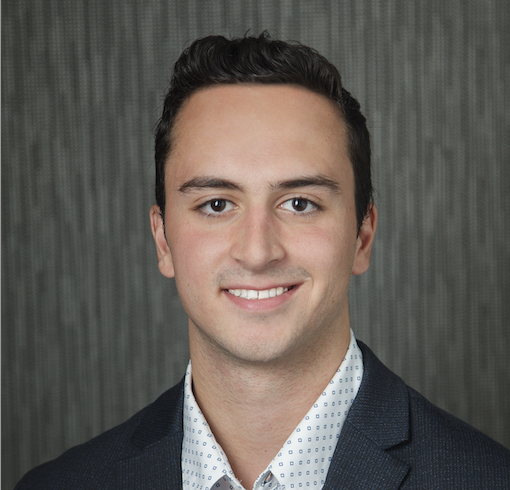When people talk about the most popular and important jobs in the legal world, many might say lawyers and lawmakers. However, legal assistants and paralegals are necessary for lawyers and lawmakers to do their jobs. While the terms paralegals and legal assistants are often lumped together, the two roles can have very different qualifications and tasks to complete. If you are interested in a legal profession that does not require a law degree, and keeps you out of the spotlight while still doing important, steady, well-paid work, then a paralegal or legal assistant job might be for you!
Paralegals are specifically qualified, with most having an associate’s degree or certification in paralegal studies. Some law firms will hire paralegals with a bachelor’s degree in a humanities program and then train you to get a paralegal certification while on the job. Paralegals are hyper-focused on getting everything ready for trials: drafting legal documents, researching laws, interviewing clients and generally helping lawyers prepare.
Legal assistants are less specialized, and usually carry the blunt of the administrative work around the firm; they help schedule and keep track of appointments and meetings, and manage the financial work such as billing of clients. However, their work may also encompasses plenty of tasks accomplished by paralegals, such as conducting legal research and creating and proofreading documents. Legal assistants usually only need a high school diploma to be hired, however there are legal assistant certifications that improve one’s chances of being hired.
The job market for legal assistants and paralegals has gotten increasingly competitive, and if you are at Lawrence, you might already be qualified for at least one of these positions! To be a paralegal or legal assistant, you should be organized, with great writing and communication skills alongside a great deal of tech savviness. It is also important to note that paralegals and legal assistants can be anywhere: in government, in law firms, and in businesses. Therefore, if that interests you, being a paralegal or legal assistant might just be the job for you!
WORKS CITED:
https://www.bls.gov/ooh/legal/paralegals-and-legal-assistants.htm
Spencer R. Brown is a sophomore experiencing their first year at Lawrence University, with a major in Government. They work as a Marketing and Media Assistant in the Career Center and creates content for students in both Communication, Journalism & Written Arts (#CJW) and Government, Law & International Relations (#GLI) career communities. A writer and animator by trade, Spencer is fascinated in finding ways to make digesting information entertaining. Feel free to connect with them on LinkedIn here!

